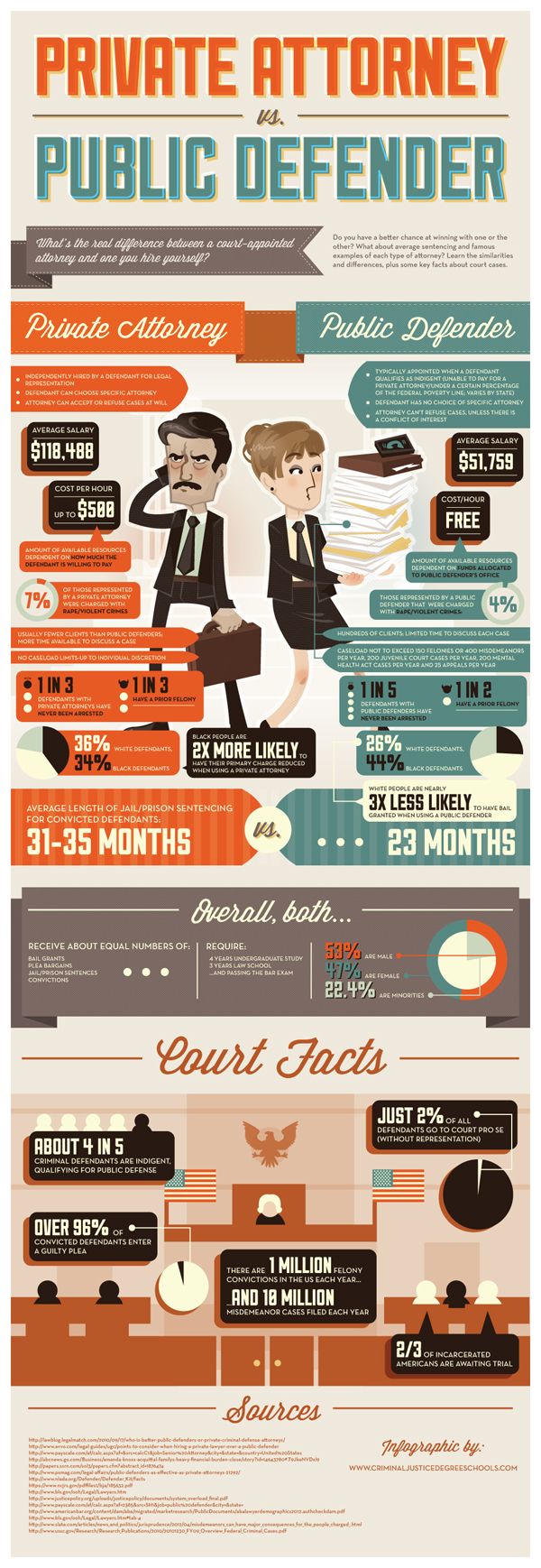Recognizing The Important Duty Of Proof In Criminal Defense Might Transform Whatever; Find The Vital Facts That May Influence Your Instance'S Result
Recognizing The Important Duty Of Proof In Criminal Defense Might Transform Whatever; Find The Vital Facts That May Influence Your Instance'S Result
Blog Article
Author-Nygaard Coleman
When you think about criminal protection, proof is often the first thing that comes to mind, and for good factor. It's the structure whereupon your situation stands, shaping the narrative and affecting the court's understanding. Various sorts of evidence, from physical to digital, each play a distinct function in establishing a protection. However not all proof is treated equally; admissibility criteria can make or break your protection technique. Understanding these subtleties is essential, particularly when thinking about exactly how they can impact the result of a trial. So, what should you know about these criteria?
Types of Proof
When it involves criminal defense, recognizing the sorts of evidence can make all the distinction in your situation. Proof falls into a number of groups, each playing a vital role in developing the realities of your scenario.
mouse click the next webpage is testimonial evidence, which includes statements made by witnesses. Their accounts can provide insight right into what happened and can either sustain or challenge the prosecution's cases.
Physical proof is another essential type, including substantial items like weapons, garments, or fingerprints. This kind of proof can directly connect you to a criminal activity or assistance disprove accusations versus you.
Then there's documentary proof, that includes documents, photographs, or any kind of written materials essential to your case. These documents can provide a timeline or context that's necessary for your protection.
Last but not least, you can't ignore electronic evidence, which includes data from smart devices, computers, or social media. This type of evidence can reveal essential information regarding your activities or communications.
Admissibility Standards
In criminal protection, the admissibility of evidence is crucial to your situation's outcome. You'll need to recognize the criteria that identify whether evidence can be made use of in court. Generally, proof should be relevant, trusted, and acquired legally to be taken into consideration admissible.
Significance indicates the proof should straight connect to the case and aid prove or refute a fact moot. If it doesn't connect to your protection or the costs against you, it may be excluded.
Integrity makes certain that the evidence is credible and trustworthy; for instance, eyewitness testimony can be cast doubt on if the witness has a background of unreliable accounts.
In addition, proof must be collected according to legal treatments. Any proof obtained via prohibited methods, such as an unlawful search or seizure, might be deemed inadmissible under the exclusionary rule.
Comprehending these requirements can encourage you to work effectively with your attorney. They'll browse the complexities of these policies to reinforce your protection, making sure just the very best evidence exists in your favor.
Always keep in mind, the admissibility of evidence can substantially influence the court's perception of your instance.
Effect On Defense Methods
The admissibility of proof directly shapes your protection methods. When evidence is regarded admissible, you can utilize it to develop a strong situation. Alternatively, if proof is ruled inadmissible, you need to pivot your approach. Understanding what evidence the prosecution can present helps you anticipate their debates and prepares you to counter them efficiently.
You'll wish to focus on event proof that supports your protection. This could include witness statements, expert statement, or files that difficulty the prosecution's insurance claims. The goal is to create sensible doubt in the minds of the jurors. If specific pieces of proof are weak or controversial, you might take into consideration a technique that emphasizes other strong aspects of your instance.
Furthermore, the kind of evidence-- whether it's forensic, testimonial, or digital-- will certainly dictate how you connect your protection. You'll need to craft compelling narratives that resonate with the jury while using permissible evidence to back up your cases.
Inevitably, your method must be versatile, permitting you to adapt as new evidence emerges or as judgments are made. Each decision you make need to line up with the objective of making sure the best possible outcome for your case.
Verdict
In criminal protection, proof plays an essential duty in shaping your situation. By understanding the various sorts of evidence and their admissibility standards, you can strengthen your defense strategy and develop sensible doubt in the minds of jurors. Teaming up very closely with your lawful advice makes sure that your evidence exists properly and adapts to any brand-new advancements throughout the test. Ultimately, the appropriate evidence can make all the difference in achieving a desirable outcome.
